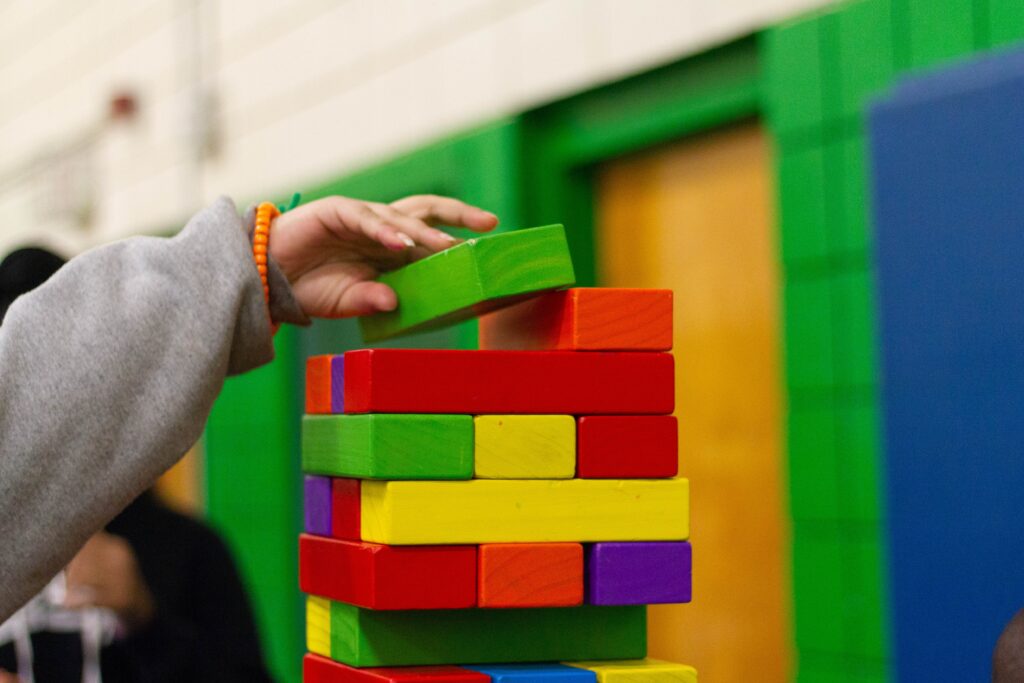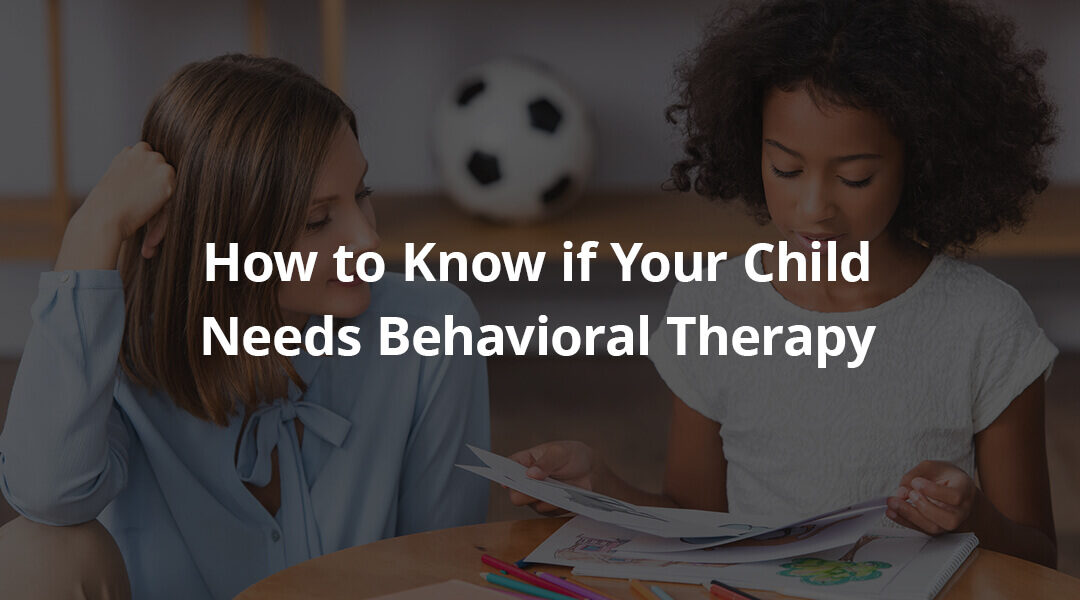Children love to play. It helps them communicate, learn, and interact with the people and world around them. When children see a therapist, child play therapy is a common practice to help them express themselves and let their therapist learn more about them. Children have fun playing while receiving treatment.
Consider child play therapy whenever your child needs help healing from challenging situations or you need to learn more about your child’s learning, social, emotional, or behavioral difficulties. Merrimack Valley Psychological Associates offers play therapy in Andover, Massachusetts, to help children and their families.
![]()
What Is Play Therapy?
Child play therapy is an evidence-based method that helps children experiencing various emotional, behavioral, social, or learning challenges. Therapists working with kids often use play therapy because it helps them freely express their thoughts and emotions. During the sessions, the child is encouraged to play and use free expression while their therapist observes their behavior, choices, and play style.
![]() There are two variations of play therapy: nondirective and directive. Nondirective play therapy lets children resolve their issues through the freedom of playing and having the right conditions within their setting. They are supervised but have limited instruction for any choices they make. Directive play therapy involves more input from the therapist.
There are two variations of play therapy: nondirective and directive. Nondirective play therapy lets children resolve their issues through the freedom of playing and having the right conditions within their setting. They are supervised but have limited instruction for any choices they make. Directive play therapy involves more input from the therapist.
Therapists may use one or both approaches, depending on what helps your child most.
When Is Play Therapy Recommended?
Children’s play therapy is suitable for children for various reasons. Play therapy helps children exposed to difficult experiences involving trauma, abuse, severe illness or hospitalization, a family crisis, or a distressing environment change. It can also help children with behavioral, social, emotional, and developmental challenges. If a child experiences any traumatic event or requires extra assistance for developing key behavior, social, emotional, or learning skills, play therapy is often a go-to approach.
The Benefits of Play Therapy for Children in Andover
There are many benefits of play therapy for children. The room they play in during sessions can become a comforting and safe space for them to open up and express their true feelings about hard topics and events in their lives. Some benefits of play therapy for children include:
- Provides the freedom to convey complicated feelings and thoughts.
- Helps develop positive coping and problem-solving skills.

- Encourages children to become more confident, focused, and independent.
- Allows more room for healing.
- Promotes creativity and imagination.
- Helps children make decisions and understand responsibility.
- Lets children practice and develop social skills.
Children can learn critical skills to help them handle other hardships or challenging situations as they grow up.
Learn More About Play Therapy in The Merrimack Valley
Merrimack Valley Psychological Associates is here to help whenever you need pediatric therapy in Andover. Our clinicians ensure children receive compassionate care every time they come for play therapy sessions. We will work with your child to help them develop skills to convey their emotions and safely cope when hardships occur.
To learn more about our play therapy services for children in Andover and surrounding communities, call us at 978-482-7351 or fill out our contact form.
Reviewed By
Dr. David Rainen, PsyD.
I am a licensed clinical psychologist with an extensive background treating a variety of different ages, situations, emotional and mental health disorders in individuals and their families. As part of my 10 year professional and training career in psychology, I have developed and refined my skills and approaches through my work in a variety of diverse settings including: hospitals, community outpatient facilities, college counseling centers, secure and unsecure inpatient/residential treatment programs, and therapeutic day schools.
More From Our Blog About Parenting




